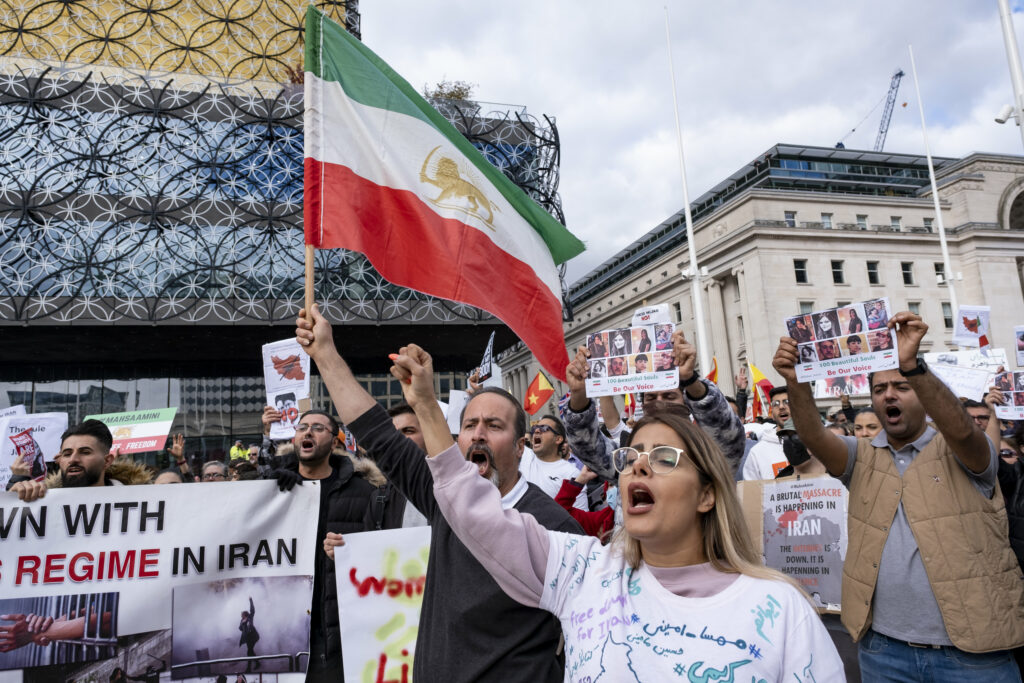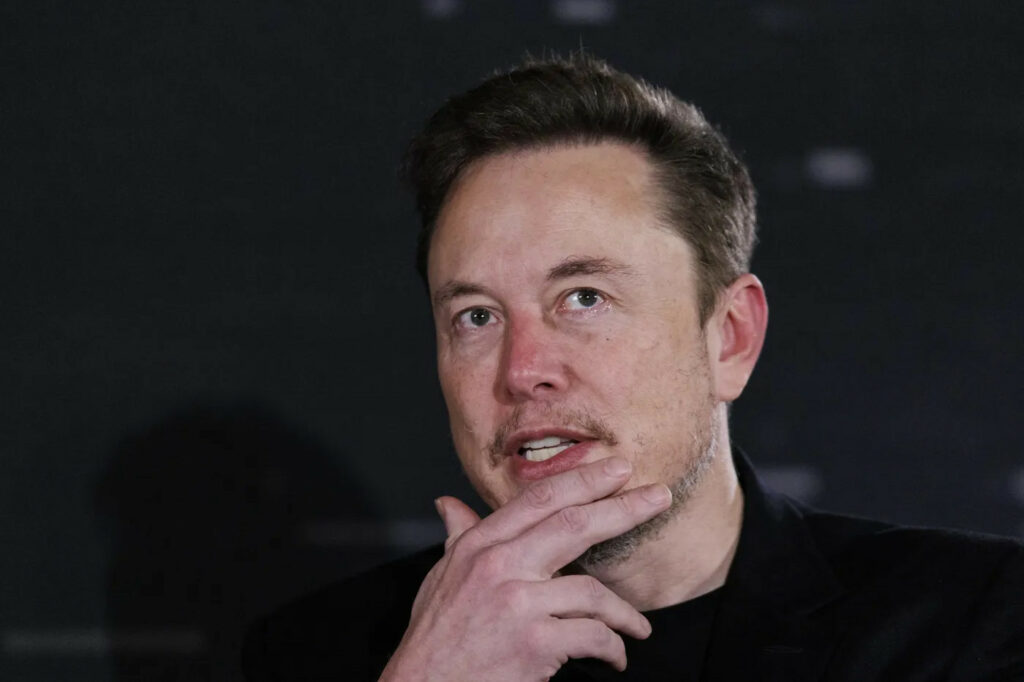Elon Musk Powers Up Starlink Over Iran After 90 Million People Plunged Into Digital Silence

Tehran, June 2025 — As nightfall blanketed Iran on a Friday in mid-June, something eerie happened: the digital heartbeat of the country abruptly ceased. From banking systems to emergency services, everything stopped. A total communications blackout had begun. Ninety million citizens were suddenly cut off—not just from the internet, but from each other and the world.
The Iranian government, citing ongoing missile strikes from Israel and fears of internal unrest, deliberately pulled the plug on nationwide connectivity. Officially, it was a “temporary measure.” In practice, it was digital isolation.
Enter Elon Musk
Thousands of kilometers away, in California, Elon Musk scanned the breaking headlines on his phone. As the architect of Starlink, a global satellite internet service, he had seen his system activated in crises before—from war-torn Ukraine to disaster-hit regions in the U.S. But this was different. A whole country had gone dark.
A post on X (formerly Twitter) caught his attention:
“Elon, now’s the time. Bring Starlink to Iran. Help end the regime’s blackout.”
His response was brief, but resounding:
“The beams are on.”
And just like that, Starlink satellites began illuminating Iran’s sky with encrypted signals from space.
Signals of Hope
For tens of thousands of Iranians who had access to black-market Starlink terminals, a spark of hope returned. Huddled on rooftops and behind closed doors, people shared laptops and mobile devices, exchanging hushed updates and whispered passwords. “We’re safe,” some messages read. “Please tell the world.”
But for Iran’s leadership, this move was a nightmare. Unlike traditional ISPs, satellite internet couldn’t be easily censored. Shutting it down would require signal jamming or seizing hardware—no small task in a country as vast and divided as Iran.
A Global Debate Ignites

Musk’s intervention sparked international debate. To some, he was a digital liberator—a tech pioneer defying censorship to reconnect people in need. Others saw a different picture: a billionaire unilaterally inserting himself into geopolitical chaos.
“Is this humanitarian aid, or high-tech interference?” one global analyst asked.
Meanwhile, concerns about user safety emerged. Could accessing Starlink in secret draw attention from authorities? Could such acts invite retaliation?
Unintended Consequences in the Cosmos
As Starlink’s footprint expanded, scientists faced their own crisis. At Australia’s Square Kilometre Array-Low observatory, astronomers tracking ancient signals from deep space began detecting interference.
Not from the internet beams—but from the unshielded electronics on thousands of Starlink satellites. The radio noise overwhelmed faint cosmic signals—some 10,000 times stronger than the early-universe whispers researchers were listening for.
“It’s like flooding the quietest room in the universe with static,” said lead astronomer Dr. Steven Tingay.
Though SpaceX had agreed to steer clear of certain observatories with their internet beams, the residual electronic interference remained an unresolved issue.
Political Aftershocks in the U.S.

Back home, Musk was facing turbulence of another kind. After publicly criticizing President Donald Trump—including comments about impeachment and the Epstein files—he suffered a historic personal financial blow: $34 billion lost in one day, the second-largest single-day wealth drop in history.
Trump’s administration reacted fiercely, threatening to cut off all federal contracts with SpaceX. Agencies like NASA and the Pentagon, both reliant on Musk’s rockets for key missions, reportedly began contacting rival firms like Blue Origin to assess emergency alternatives.
Suddenly, Musk’s dominance in aerospace looked vulnerable.
Disaster Relief or Strategic Branding?
Yet in the midst of the chaos, Musk pressed on. When wildfires devastated parts of Los Angeles and disrupted communication for over 130,000 evacuees, Musk posted:
“Starlink terminals will be delivered to affected areas in LA by morning—free of charge.”
Emergency responders praised the move. TV crews used Starlink to broadcast live updates. People reconnected. Yet critics accused Musk of exploiting tragedy to promote his brand—especially as changes to the X platform made real-time information harder to access.
Starlink: A Beacon or a Battlefield?
Eventually, Iran’s government restored partial internet access. But the implications of Musk’s move lingered. In an age where one private company can override a national internet shutdown, the rules of power have changed.
Starlink is now more than just a tool—it’s a symbol of the new era, where a billionaire can digitally intervene in global crises with the tap of a finger.
A New World, Written in Satellites
For the people of Iran, that June weekend may be remembered not for the fear—but for the flicker of connection that reached them from space. And for Elon Musk, it was simply another high-stakes play at the crossroads of technology, politics, and the future of freedom.